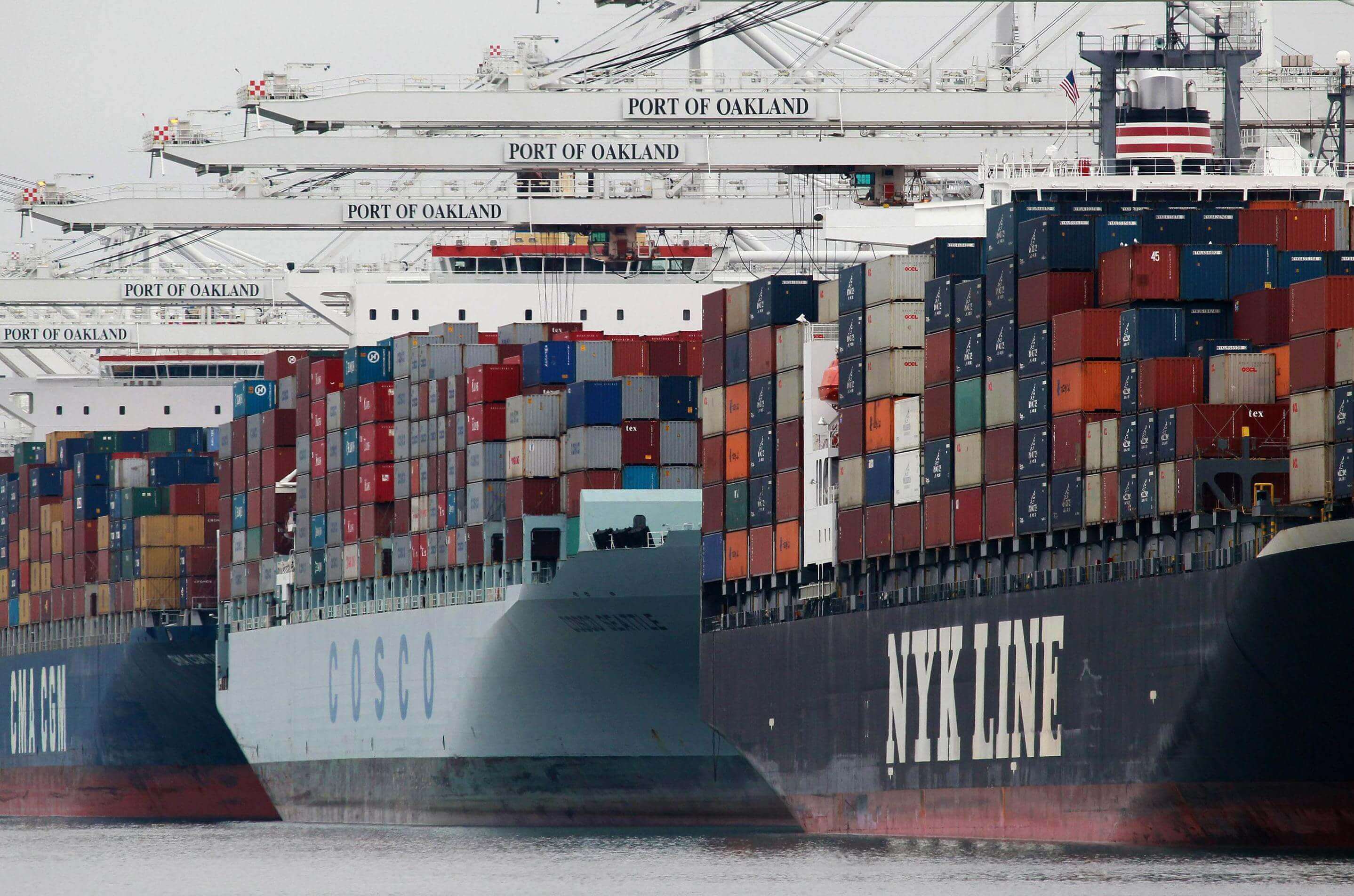Die Einfuhranmeldung bezieht sich auf den Rechtsakt des Empfängers oder seines Bevollmächtigten, der Einfuhrverfahren anmeldet und Einfuhrsteuern an den Zoll zahlt. Der Zoll prüft und inspiziert importierte Waren in Übereinstimmung mit den nationalen Richtlinien und Vorschriften, um ihre rechtmäßige Einreise zu bestätigen. Dieser Prozess umfasst mehrere Stufen und Details. Im Folgenden werden wir die verschiedenen Aspekte der Einfuhrzollanmeldung im Detail untersuchen.

1,Das Verfahren der Einfuhrzollanmeldung
1. Vorbereitung der Dokumente: Vor der Einfuhrzollabfertigung muss der Empfänger oder sein Vertreter alle relevanten Dokumente vorbereiten, einschließlich Frachtbriefe, Packlisten, Rechnungen, Verträge, Ursprungszeugnisse usw. Diese Dokumente sind eine wichtige Grundlage für die Zollkontrolle.
2. Erklärung: Der Empfänger oder sein Bevollmächtigter übermittelt dem Zoll das Zollanmeldungsformular und die dazugehörigen Dokumente über elektronische Häfen oder andere bezeichnete Methoden und deklariert detaillierte Informationen über die eingeführten Waren, wie Produktname, Menge, Wert, Herkunft usw.
3. Inspektion: Der Zoll prüft importierte Waren auf der Grundlage von Anmeldeinformationen, um die Echtheit und Rechtmäßigkeit der Waren zu gewährleisten. Die Inspektionsmethoden umfassen manuelle Inspektion und Maschineninspektion, und der Inspektionsprozess kann die Zusammenarbeit des Empfängers oder seines Vertreters erfordern.
4. Steuern: Der Zoll berechnet die zu zahlende Einfuhrsteuer basierend auf Faktoren wie Art, Wert und Ursprungsort der Waren, und der Empfänger oder sein Vertreter ist verpflichtet, die Steuer in Übereinstimmung mit den Vorschriften zu zahlen.
5. Freigabe: Nach Inspektion und Besteuerung gibt der Zoll die importierten Waren frei, die die Bedingungen erfüllen, und der Empfänger oder sein Vertreter kann die Lieferverfahren handhaben.
2,Vorsichtsmaßnahmen für die Einfuhrzollanmeldung
1. Genaue Anmeldung: Der Empfänger oder sein Bevollmächtigter stellt die Richtigkeit und Vollständigkeit der Zollanmeldung und der dazugehörigen Dokumente sicher und vermeidet Verzögerungen bei der Zollabfertigung oder zusätzliche Gebühren, die durch Informationsfehler oder Auslassungen verursacht werden.
2. Einhaltung von Vorschriften: Einfuhrzollanmeldung muss den einschlägigen nationalen Vorschriften und Richtlinien entsprechen, wie Zollrichtlinien, Einfuhrbeschränkungen usw. Der Empfänger oder sein Vertreter sollte die einschlägigen Vorschriften verstehen und einhalten, um illegales und unregelmäßiges Verhalten zu vermeiden.
3. Rechtzeitige Kommunikation: Während des Einfuhrzollanmeldungsprozesses sollte der Empfänger oder sein Vertreter eine gute Kommunikation mit dem Zoll aufrechterhalten, den Fortschritt der Zollabfertigung und mögliche Probleme rechtzeitig verstehen, um rechtzeitig Reaktionsmaßnahmen zu ergreifen.
4. Wählen Sie einen professionellen Vertreter: Für Empfänger, die mit dem Einfuhrzollanmeldungsprozess nicht vertraut sind, kann die Wahl einer professionellen Zollanmeldungsagentur die Effizienz und Genauigkeit der Zollabfertigung erheblich verbessern, Risiken und Kosten reduzieren.
3,Die Bedeutung der Einfuhrzollanmeldung
Die Einfuhrzollanmeldung ist ein unverzichtbarer Bestandteil des internationalen Handels und gewährleistet die legale Einreise importierter Waren und die reibungslose Durchführung der Steuererhebung. Durch die Einfuhrzollanmeldung kann der Zoll importierte Waren überwachen und verwalten, nationale wirtschaftliche Sicherheit und Marktordnung aufrechterhalten. Gleichzeitig bietet die Einfuhrzollanmeldung dem Empfänger auch einen legalen Einfuhrkanal, der seine legitimen Rechte und Interessen schützt.
Kurz gesagt, die Einfuhrzollanmeldung ist eine komplexe und wichtige Aufgabe, die vom Empfänger oder seinem Vertreter ein reiches Fachwissen und Erfahrung erfordert. Indem wir den Prozess, die Vorsichtsmaßnahmen und die Bedeutung der Einfuhrzollanmeldung verstehen, können wir besser auf die Herausforderungen und Chancen im Importhandel reagieren.
Previous:No time
Next:No time
- Why are the port charges for sea freight LCL imports so expensive?
- How to make an appointment for delivery and pickup at Daxing Airport?
- What is import customs declaration
- What is supply chain logistics warehousing
- How long is the time limit for customs clearance processing?
- What is export customs declaration
- What determines the level of ocean freight?




